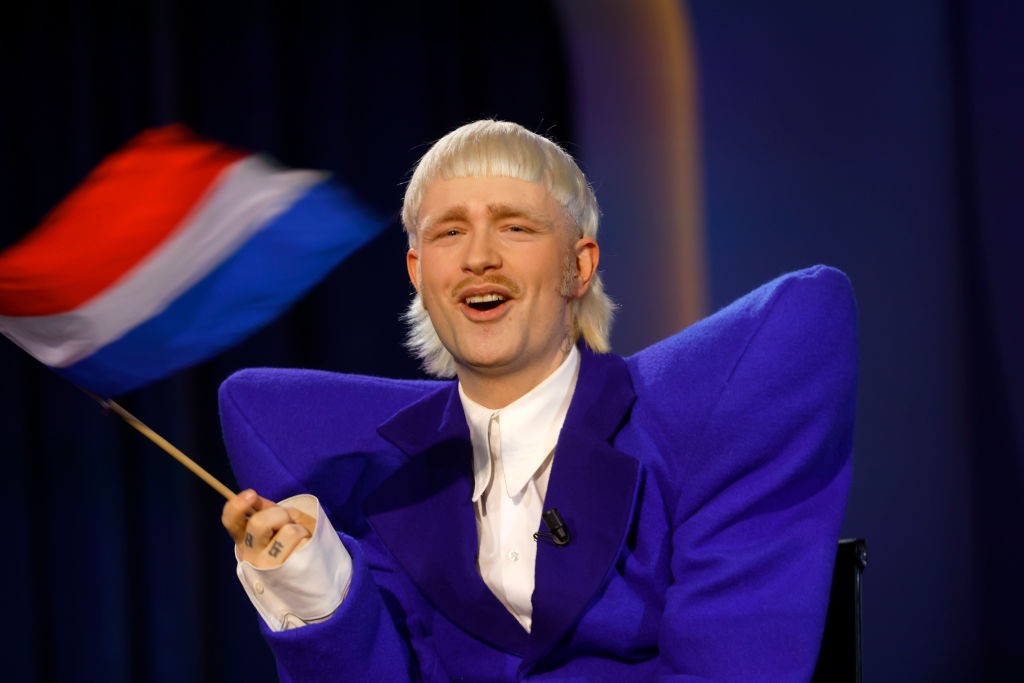
Joost Klein during the Eurovision Song Contest’s press conference on February 29, 2024 (Getty)
While most Eurovision fans are still too busy celebrating Swiss artist Nemo becoming the first non-binary entrant to ever win the iconic song contest, others have something else on their minds, namely: Why was the Netherlands disqualified from Eurovision 2024?
The answer isn’t entirely clear at this point, as there’s currently an active investigation taking place. However, what we do know is that the EBU, the organisers of Eurovision, say that the Netherlands entry Joost Klein’s disqualification was due to a backstage incident involving a female member of the production crew.
The Dutch broadcaster Avrotros has said it is “shocked” by the decision to drop Klein from the final, saying that the singer had merely made a “threatening move” towards a camerawoman but not touched her.
In the UK, as in many other countries, an assault is legally defined as “when someone physically attacks you, or threatens to attack you.”
Eurovision’s organisers said in a statement: “Swedish police have investigated a complaint made by a female member of the production crew after an incident following (Klein’s) performance in Thursday night’s semi-final.
“While the legal process takes its course, it would not be appropriate for him to continue in the contest. We maintain a zero-tolerance policy towards inappropriate behaviour at our event and are committed to providing a safe and secure environment.”
Klein had qualified for the contest’s Grand Final with his song “Europapa” – a powerful ode to European free movement – and was seen as one of the frontrunners to win Eurovision’s 68th edition, but wasn’t at Friday’s dress rehearsals. He was subsequently removed from the Grand Final running order.
It’s the very first time in Eurovision’s 68-year history that a contestant has been disqualified after the start of the five-day event.
In their statement about the incident, Dutch broadcaster Avrotros continued: “Against the clearly made agreement, Joost was filmed when he had just gotten off stage and had to rush to the green room. At that moment, Joost repeatedly indicated that he did not want to be filmed. This wasn’t respected.”
Avrotros also say it offered “several solutions” to the EBU (the Eurovision Broadcasting Union), which decided to disqualify Joost Klein anyway.
